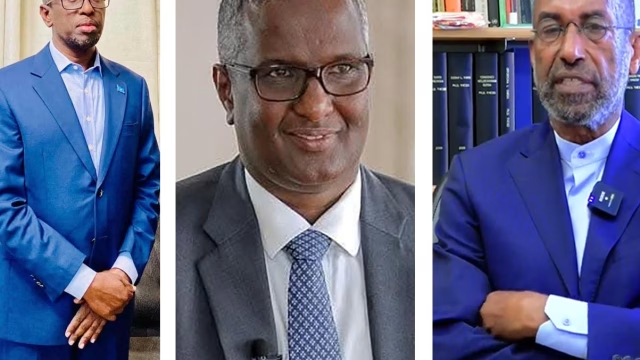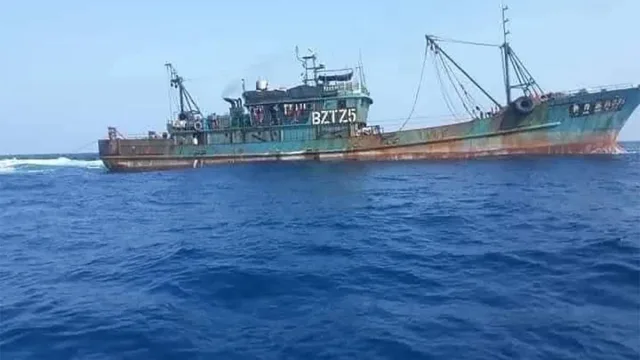Somalia’s Federal government and regional administrations have joined together in an effort to reduce dependency on…
 Somalia’s Federal government and regional administrations have joined together in an effort to reduce dependency on charcoal for cooking and heating.
Somalia’s Federal government and regional administrations have joined together in an effort to reduce dependency on charcoal for cooking and heating.
Over the weekend, Somalia’s minister of Livestock, Forestry and Range Saeed Hussein Iid launched a UNDP-backed programme to address land degradation, promote alternative energy and create sustainable livelihoods in the autonomous region of Puntland.
The joint program is also aimed at tackling deforestation in a bid to protect environment and reducing emissions, was first launched last year in Somalia’s capital Mogadishu.

At the launch, Minister Saeed Hussein Iid said the new programme will help conserve the environment.
‘’For those who much rely on charcoal trading we have now other alternatives for them and we encourage everyone to take part in this programme which is important to the state our environment.’’
Puntland official pledged their commitment to completely halt charcoal exports and work towards alternative livelihoods and energy.
Since the collapse of the central government in 1991, Somalia has been a haven for many environmentally destructive illegal activities such as nuclear and toxic waste dumping, over-fishing and illegal fishing by international fishing enterprises, and the rapacious importation of Somali charcoal by the Gulf States.
While the charcoal industry has grown by exponentially, the trees from which the charcoal is made are being decimated in the process. Mature trees have disappeared from the Somali landscape, leading to a decline in livestock herds and consequently affecting the general population by creating extensive poverty and famine.
In a country with little electrical power, charcoal is the predominant domestic cooking fuel and is now managed by a network of more than 30 local brokers and was also controlled by armed groups such as al-Shabaab before losing seaports they used to export from.
Horseed Media


